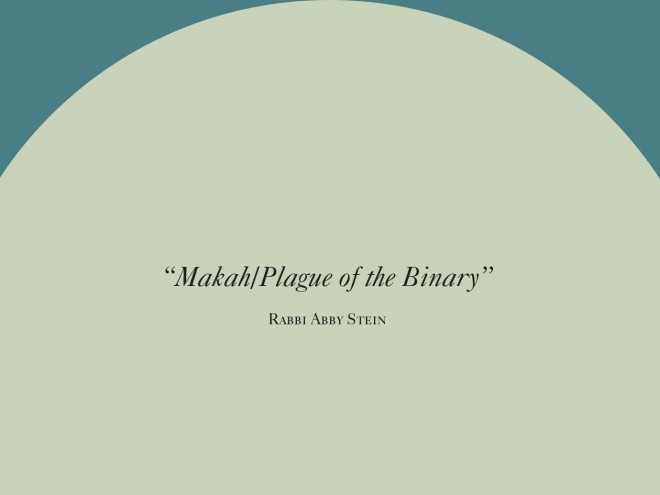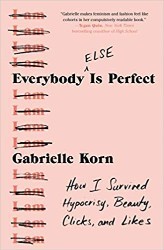“Holy Creator, I am going to sleep now, and I look like a boy. I am begging you, when I wake up in the morning, I want to be a girl…God, you have enough boys. You do not need me to be a boy. I promise, if I wake up as a girl, I will make up for it by having many boys, who will be the most studied and pious boys.”
Abby Chava Stein remembers saying this nightly prayer as a child, which encapsulates much of what makes her memoir captivating: the balance between her love for the Jewish community and Jewish learning, and the restrictiveness of communal norms, the balance of humor and heartbreak in her recollections of growing up, and the core personality of an inventive girl, always hungry for learning, living in a world where inventiveness was frowned upon.
Stein’s memoir, Becoming Eve: My Journey from Ultra-Orthodox Rabbi to Transgender Woman, is a worthy addition to the literature of “off-the-derech” memoirs. Transgender readers from many backgrounds will find kinship with childhood experiences like collecting newspaper clippings on organ transplants, hoping to someday have a full-body transplant. Readers curious about Hasidism will find a balanced, compassionate description of a community whose tight-knit structure is a blessing when it is not disrupted by an overly rigid understanding of human nature. Queer readers interested in Jewish continuity will find special meaning in the revelation of the sixteenth century Kabbalistic texts, which first showed Stein that she was not the only “female soul in a male body.”
Stein skillfully draws a portrait of herself as a young girl caught in an academic system that did not allow her to express curiosity about the texts her teachers purported to unravel down to the last detail. The structure of the chapters, in which each opens with a dramatic scene of conflict before skipping backward to its preliminary moments, may cause occasional confusion. But the tone and pace overall are engaging and accessible, with sufficient explanation of vocabulary and concepts that even readers unfamiliar with Hasidism should follow easily.
Along with the charm of Stein’s straightforward, often lightly self-mocking voice, her attention to history is a strength of the book. Growing up as the heir to a Hasidic royal dynasty, she was always aware of the importance of continuity to her family. But looking back from an outsider’s perspective, she points out that the Hasidic community, despite the efforts of many of its leaders, is not static. Rules change over time, sometimes on the whim of a single rebbe. This understanding of history as a process of changes helps bring a message of hope for the future, even as Stein closes her memoir with the heart-breaking scene of her last meeting with her father.
If Hasidic communities were once more permissive, the balance might someday tilt again toward open-minded compassion, and away from rules so strict they end up isolating the most vulnerable members of the community. If Isaac Luria could describe the appearance of a female soul in a male body as a holy process in the sixteenth century, we should be able to treat transgender people with respect and as precious members of the Jewish community in the twenty first century. As Stein says, in her optimistic last line: “to be continued!”
Sacha Lamb (@sachalamb.author on Instagram) explores gender, sexuality, and disability through historical fiction centering Jewish mythology and folklore. Their debut, When the Angels Left the Old Country, is a Printz Honor book and Stonewall and Sydney Taylor award winner. Their second novel, The Forbidden Book, is a Sydney Taylor Honor book and a Boston Globe Best of the Year pick for 2024. A 2018 Lambda Literary fellow, Sacha has a degree in Library and Information Science from Simmons University. They live in New England with a miniature dachshund mix named Anzu Bean.



